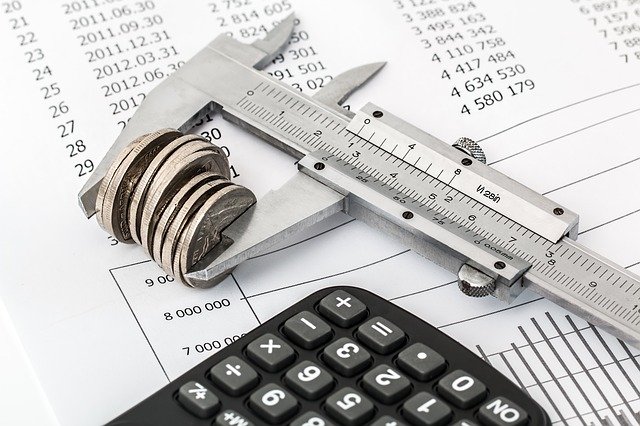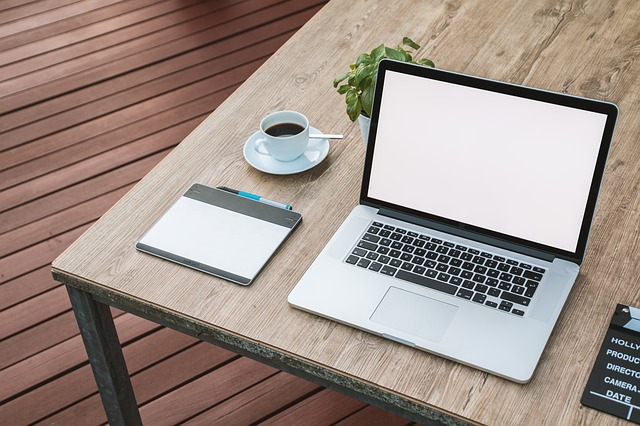Unfortunately, many people do not know how to budget their money. Their wallets empty before payday, and then comes stress, debt, and paycheck-to-paycheck living. This is a warning sign that something needs to be done. At this point, it\’s time to set up a monthly budget and figure out where you\’re wasting your money. How to do this? First and foremost, you must have the determination and willingness to keep a household budget. If you want to take control of your income and expenses and put a stop to wasteful spending, grab a pencil and paper and start recording your income and expenses. If writing is not your thing, make an Excel spreadsheet on your computer or laptop.
How do I keep a household budget?
When creating a household budget, be really consistent and write down all the money you spend in the spreadsheet, as well as the amount that goes into your bank account. This way, not only will you know what you spent money on each month, but you will also know where you can save money, build reserves, or save money for unexpected expenses.
How do I split up my budget spreadsheet?
Generally, you can divide it into five columns. What to record in what is explained below. Of course, it is up to you whether you want to increase or decrease the number of columns. The important thing is that the table serves its purpose.
Column 1:
Enter here all income, including salary, benefits, awards, alimony, etc.:
In this column, record all regular monthly expenses, such as groceries, household items, rent, and also loans, credit cards, or insurance.
Third column:
This is the column for irregular expenses. For example, holidays, Christmas, birthdays, holidays, etc. can be included here
Fourth column:
The last column is used to summarize expenditures that need to be considered. An example would be the purchase of new appliances when old ones fail. This will prevent unnecessary debt to purchase these appliances.
Fifth column:
The last column is for reserve funds. These are certainly very important in a household budget. It is always possible to see what reserves are currently available.
It is important to really stick to writing things down, so that there is some benefit to you in doing so. You should keep a household account for at least four months, but of course the longer the better.
